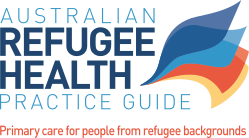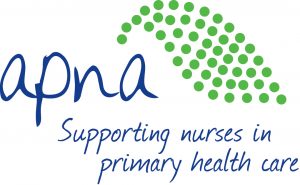
Country-specific recommendations for malaria and schistosomiasis
|
Country of birth |
Schistosomiasis[1] |
Malaria[2] |
|
Afghanistan |
No |
Investigations for malaria should be performed on anyone who has travelled from or through an endemic malaria area within 3 months of arrival if asymptomatic, or within 12 months if symptoms of fever, regardless of any pre-departure malaria testing or treatment. Malaria endemic areas include Afghanistan, India, Pakistan, Thailand and all of Africa. People who have lived in Malaysia for more than 3 months do not need to be screened for malaria unless they were living in Sarawak or Sabah. The Middle East is free of malaria. |
|
Bhutan |
No |
|
|
Burundi |
Yes |
|
|
Congo, Dem Rep |
Yes |
|
|
Eritrea |
Yes |
|
|
Ethiopia |
Yes |
|
|
India |
No |
|
|
Iran |
No |
|
|
Iraq |
Yes |
|
|
Kenya |
Yes |
|
|
Malaysia |
No |
|
|
Myanmar |
Yes |
|
|
Nepal |
No |
|
|
Pakistan |
No |
|
|
Sudan |
Yes |
|
|
Syria |
Yes |
|
|
Tanzania |
Yes |
|
|
Thailand |
Yes |
|
|
Tibet |
No |
|
|
Uganda |
Yes |
[1] http://apps.who.int/neglected_diseases/ntddata/sch/sch.html
The WHO lists Afghanistan as being non-endemic for Schistosomiasis, but some refugee health services have found positive serology in a small number of people from Afghanistan, without definite evidence of infection or sequelae. Hence testing it not generally recommended for those from Afghanistan. However, schistosomiasis should be considered if there is any unexplained microscopic haematuria or clinical or radiological signs of portal hypertension, in any person coming from Africa, Asia or the Middle East
[2] http://apps.who.int/gho/data/view.main.GSWCAH17v?lang=en




